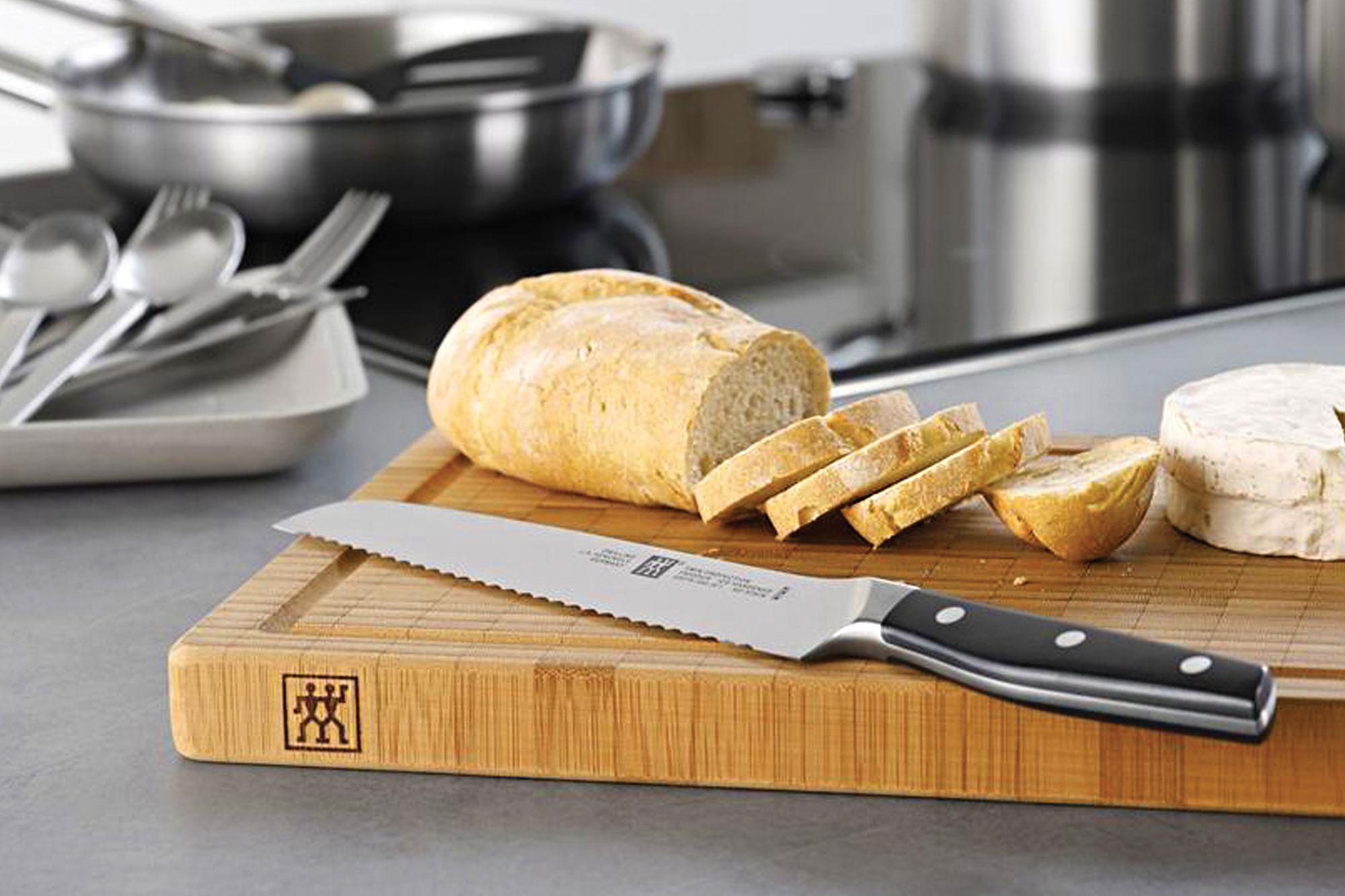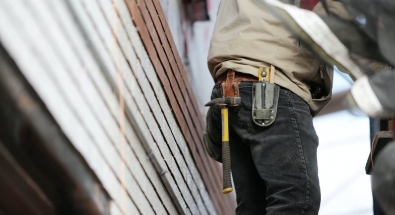How to properly clean your knives

High quality knives are the cornerstone of any chef’s arsenal. They are imperative to ensuring foods are finely chopped, cut, sliced and diced, and have to be well-maintained in order to do so.
From amateur connoisseurs to Michelin legends, the high-grade knife is the chef’s prized possession, and should be treated as such. We’re not talking about your $8 Ikea three-pack - we’re talking about the very best steel available on the market!
So, whether you’re just cleaning, or cleaning and sharpening with your whetstone knife sharpener, here is how you go about safely cleaning your knives so that they are in prime condition for every delicious feast cooked up in your kitchen.
Why it’s important to keep your knives clean
Clean knives aren’t just vital for cleanliness and sanitary purposes - they are also important for practical purposes. If you leave your knife dirty for too long there is a chance that food will start to solidify on the blade. When this happens, your knife will start to blunten due to the remaining residue.
Why you shouldn’t wash your knife in a dishwasher
Of course, the dishwasher is the most tempting option for cleaning all kitchen utensils, right? But dishwashers rely on abrasive detergents and high heat to clean utensils, cutlery, crockery etc. They are the prime cause of blade bluntening and dulling, as well as damaging high quality knife handles.
This is especially so for wooden knife handles, which are susceptible to cracking and splintering after just a few runs through the dishwasher. Finally, a good quality, sharp knife can cut and chip at the dishwasher’s racks and walls, damaging both products.
You’ve already paid good money for quality knives and taken the time to cook amazing food with them - why risk damaging them within a few uses?
How to properly clean your knives
This being said, cleaning your knives doesn’t have to be difficult or unsafe. You do want to hand wash them, making sure you do it in a safe, highly efficient manner.
To begin with, you should always clean your knives right after cooking. This relates back to the earlier point about food getting stuck to the knives and potentially damaging them.
When hand washing your knives, ensure you keep the blade pointed away from you and your hands. Use a sponge or dishcloth with dish soap and warm water, taking the time to carefully clean each side of the blade. You can even do this by laying the knife down on your countertop and wiping each side.
If you find stubborn, solidified food on the knife, be sure to soak the knife for a few minutes in dish soap and hot water. This way the food particles have time to loosen the particles. Furthermore, intensely scrubbing the blade to remove the particles can damage the blade and risks injury.
Just make a habit of it!
As we said, you’ve already purchased high quality knives that you surely want to keep in the best condition. Trust us, there is nothing more frustrating than purchasing high quality knives and then not taking the little bit of added time to care for them properly after cooking. All you have to do is keep them away from the dishwasher and wash them carefully by hand, ensuring you do it soon after cooking.
The result? Keeping your high quality knives exactly that - high quality knives.




